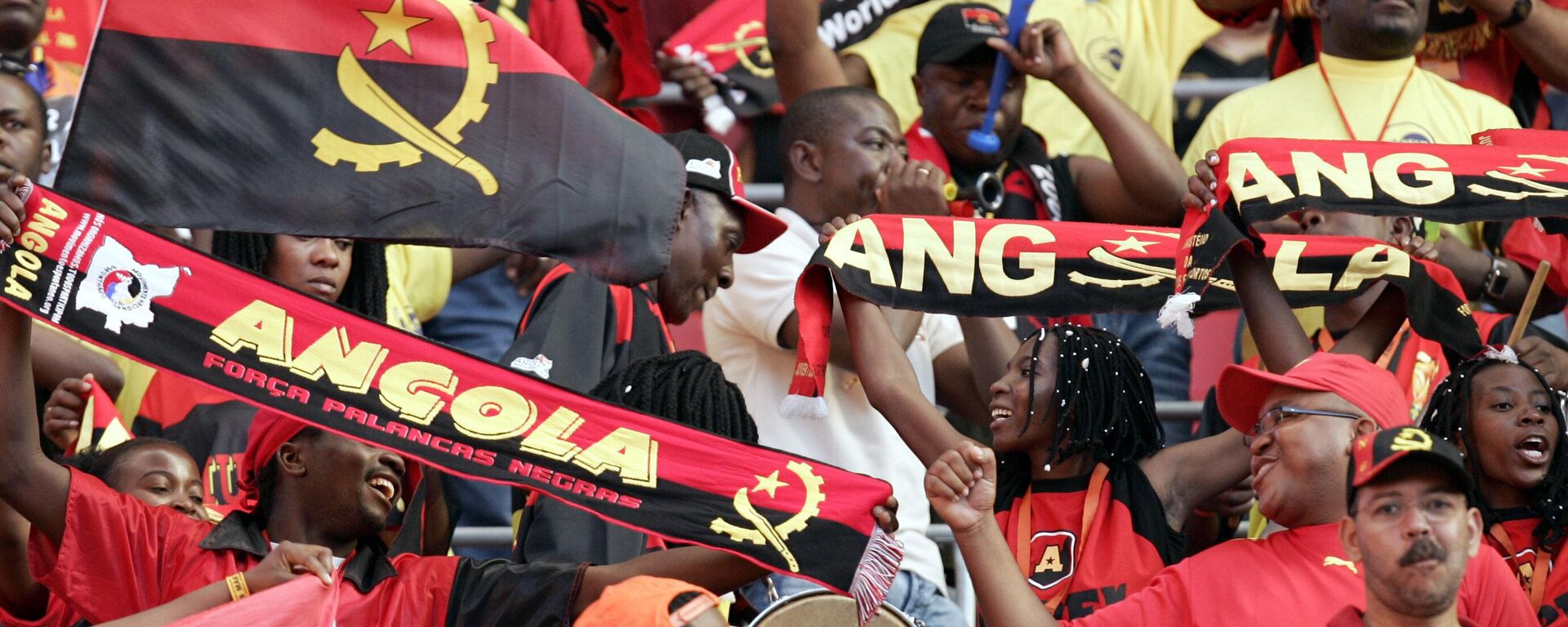https://en.sputniknews.africa/20231211/burkina-faso-celebrates-63-years-of-independence-five-interesting-facts-about-the-country-1064069958.html
Burkina Faso Celebrates 63 Years of Independence: Five Interesting Facts About the Country
Burkina Faso Celebrates 63 Years of Independence: Five Interesting Facts About the Country
Sputnik Africa
On December 11, Burkina Faso, whose name translates from the Moore and Dioula languages as “homeland of honest people,” celebrates its Independence Day. In... 11.12.2023, Sputnik Africa
2023-12-11T18:02+0100
2023-12-11T18:02+0100
2023-12-11T18:02+0100
sub-saharan africa
burkina faso
west africa
ibrahim traore
france
colonialism
independence
celebration
national holiday
https://cdn1.img.sputniknews.africa/img/07e7/0c/0b/1064070658_0:301:3074:2030_1920x0_80_0_0_48a5c143167ce3f9ae1d8f11006bb481.jpg
On the occasion of Burkina Faso's national holiday, Sputnik Africa recollected five particularly interesting facts about the West African nation.Although the holiday is celebrated in December, in reality, independence was acquired on August 5, 1960. But since August is the rainiest month of the year in Burkina Faso, the festivities always take place on December 11, which is also a significant date in the country's history: on this day in 1958, the Republic of Upper Volta, the territory's former name, gained independence under French protectorate.In 1984, under Thomas Sankara's presidency, the country, still called Upper Volta, adopted the name of Burkina Faso. The name is a combination of two words from the country's two main languages: Burkina translates as "integrity, honor" in Moore and Faso as "territory, land or homeland" in Dioula. Put together, they mean "the homeland of honest men."The country has more than 60 ethnic groups, each speaking its own language. Last week, the government announced its intention to amend the Constitution, by now designating indigenous languages as official languages in place of French.Since the mid-2010s, Burkina Faso has been the victim of the extension of the actions of armed Islamist groups across the Sahel. This is why last year, in a particularly difficult security context, Captain Ibrahim Traore, the head of the transitional government, declared that the fight for independence is far from over.Traditionally, the day before the festival, the authorities reward Burkina Faso residents of all professions for their services to their homeland. This year, Ibrahim Traore awarded a total of 357 citizens.
https://en.sputniknews.africa/20231111/angolas-independence-day-a-dive-into-history-1063471259.html
burkina faso
west africa
france
Sputnik Africa
feedback@sputniknews.com
+74956456601
MIA „Rossiya Segodnya“
2023
Christina Glazkova
https://cdn1.img.sputniknews.africa/img/07e7/0b/07/1063380906_0:0:673:674_100x100_80_0_0_79628b4d0cd9f29291a57aa13bbf9e7a.jpg
Christina Glazkova
https://cdn1.img.sputniknews.africa/img/07e7/0b/07/1063380906_0:0:673:674_100x100_80_0_0_79628b4d0cd9f29291a57aa13bbf9e7a.jpg
News
en_EN
Sputnik Africa
feedback@sputniknews.com
+74956456601
MIA „Rossiya Segodnya“
Sputnik Africa
feedback@sputniknews.com
+74956456601
MIA „Rossiya Segodnya“
Christina Glazkova
https://cdn1.img.sputniknews.africa/img/07e7/0b/07/1063380906_0:0:673:674_100x100_80_0_0_79628b4d0cd9f29291a57aa13bbf9e7a.jpg
burkina faso, west africa, ibrahim traore, france, colonialism, independence, celebration, national holiday
burkina faso, west africa, ibrahim traore, france, colonialism, independence, celebration, national holiday
Burkina Faso Celebrates 63 Years of Independence: Five Interesting Facts About the Country
Christina Glazkova
Writer / Editor
On December 11, Burkina Faso, whose name translates from the Moore and Dioula languages as “homeland of honest people,” celebrates its Independence Day. In 1960, the country liberated itself from the oppression of French colonial authorities.
On the occasion of Burkina Faso's national holiday, Sputnik Africa recollected five particularly interesting facts about the West African nation.
Although the holiday is celebrated in December, in reality, independence was acquired on August 5, 1960. But since August is the rainiest month of the year in
Burkina Faso, the festivities always take place on December 11, which is also a significant date in the country's history: on this day in 1958, the Republic of Upper Volta, the territory's former name, gained independence under
French protectorate.
In 1984, under Thomas Sankara's presidency, the country, still called Upper Volta, adopted the name of Burkina Faso. The name is a combination of two words from the country's two main languages: Burkina translates as "integrity, honor" in Moore and Faso as "territory, land or homeland" in Dioula. Put together, they mean "the homeland of honest men."
The country has more than 60 ethnic groups, each speaking its own language. Last week, the government announced its intention to amend the Constitution, by now designating indigenous languages as official languages
in place of French.
Since the mid-2010s, Burkina Faso has been the victim of the extension of the actions of armed Islamist groups across the Sahel. This is why last year, in a particularly difficult security context, Captain
Ibrahim Traore, the head of the transitional government, declared that the fight for independence is far from over.
"It is not time to celebrate, our independence is not acquired, because our lands are occupied, our economy is in its infancy and our hands are tied," the head of state said.
Traditionally, the day before the festival, the authorities reward Burkina Faso residents of all professions for their services to their homeland. This year, Ibrahim Traore awarded a total of 357 citizens.



